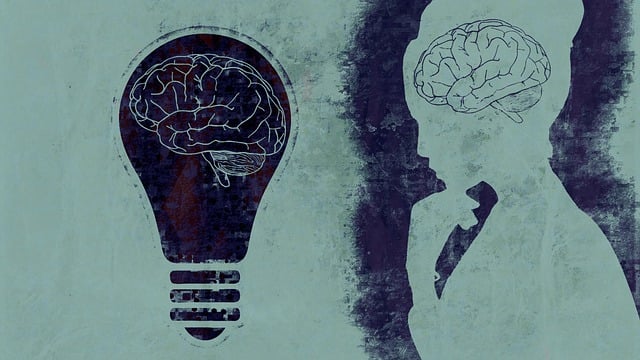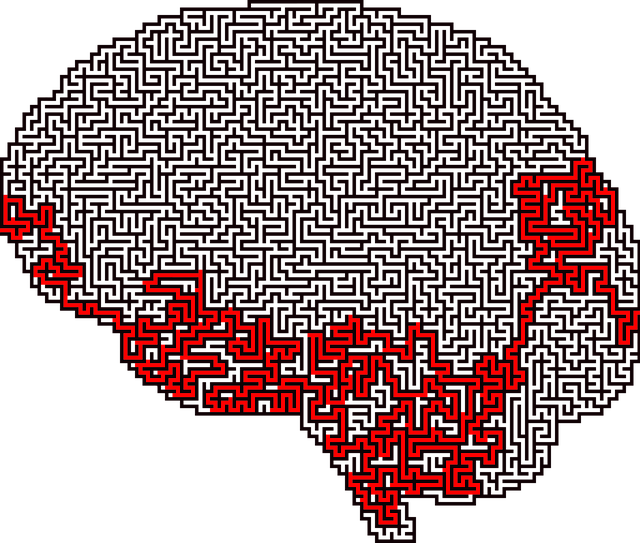Crisis Intervention Teams (CITs), bolstered by specialized training in Littleton Dissociative Disorder Therapy (LDDT), offer crucial mental health support during severe emotional crises. These teams, composed of diverse professionals adhering to Mind Over Matter Principles, combine immediate symptom management with long-term coping strategies for rapid deescalation and healing. Through mindfulness meditation, compassion cultivation, and interactive case studies, CIT members gain skills in emotional resilience and crisis intervention, ultimately enhancing their ability to navigate complex emotional situations effectively.
In today’s challenging social landscape, crisis intervention teams (CITS) play a crucial role in providing immediate mental health support. This article delves into the significance of training programs designed to equip professionals with effective crisis management skills. We explore how these programs, such as the renowned Littleton Dissociative Disorder Therapy, are transforming the way we address psychological crises. By examining case studies, we uncover the profound impact of this training on community well-being and the lives it touches.
- Understanding Crisis Intervention Teams: A Vital Resource for Mental Health Support
- The Role of Training Programs in Equipping Professionals for Effective Crisis Management
- Case Studies: Exploring the Impact of Littleton Dissociative Disorder Therapy in Team Training
Understanding Crisis Intervention Teams: A Vital Resource for Mental Health Support

Crisis Intervention Teams (CITs) are a vital resource for mental health support, especially when dealing with individuals experiencing severe emotional distress or disorders such as Littleton dissociative disorder therapy. These specialized teams are designed to provide immediate and effective assistance during crisis situations, ensuring that those in need receive prompt, skilled care. CIT members are typically comprised of healthcare professionals from various disciplines, including psychologists, social workers, and psychiatrists, who collaborate to offer comprehensive support.
The Mind Over Matter Principles guide these teams in their approach, focusing on not just managing symptoms like mood disorders and improving self-esteem, but also empowering individuals to develop coping strategies for long-term mental well-being. By fostering a collaborative environment, CITs facilitate rapid deescalation, prevent further deterioration, and promote healing. This proactive approach is crucial in addressing the complex needs of those facing severe mental health crises, ultimately leading to better outcomes and enhanced quality of life.
The Role of Training Programs in Equipping Professionals for Effective Crisis Management

Training programs play a pivotal role in equipping professionals with the necessary skills to manage crises effectively. These programs, often focused on enhancing mental health services, provide an opportunity for practitioners to gain specialized knowledge and tools tailored to address complex situations. By participating in comprehensive training, professionals like those offering Littleton Dissociative Disorder Therapy can develop a deeper understanding of crisis intervention techniques, including risk assessment strategies for mental health professionals.
One key aspect of such training is the integration of mindfulness meditation and compassion cultivation practices. These techniques not only promote self-care but also enhance practitioners’ ability to connect with clients during distressing times. Through role-playing scenarios, case studies, and interactive workshops, trainees learn to navigate challenging environments, providing a safe and supportive space for both client and therapist. This holistic approach ensures that professionals are not just equipped with technical skills but also possess the emotional resilience needed to offer effective crisis intervention services.
Case Studies: Exploring the Impact of Littleton Dissociative Disorder Therapy in Team Training

Case studies have shown that the Littleton Dissociative Disorder Therapy (LDDT) model has a profound impact on crisis intervention team training. This therapeutic approach, developed to address complex trauma and dissociation, integrates Trauma Support Services with innovative Compassion Cultivation Practices. By focusing on emotional healing processes, LDDT equips teams with the skills needed to respond effectively to individuals experiencing severe distress.
The success of this program lies in its holistic nature, fostering not just technical proficiency but also empathy and resilience among team members. Through role-playing scenarios and group discussions, trainees learn to navigate the intricate emotional landscapes of those in crisis, providing a supportive environment that encourages both Emotional Healing Processes and effective intervention strategies.
Crisis intervention team training programs, such as those inspired by the Littleton Dissociative Disorder Therapy model, play a pivotal role in equipping professionals to handle mental health crises effectively. By providing specialized skills and fostering collaborative teamwork, these programs enhance the support offered to individuals in distress, ultimately contributing to improved outcomes and community resilience.














